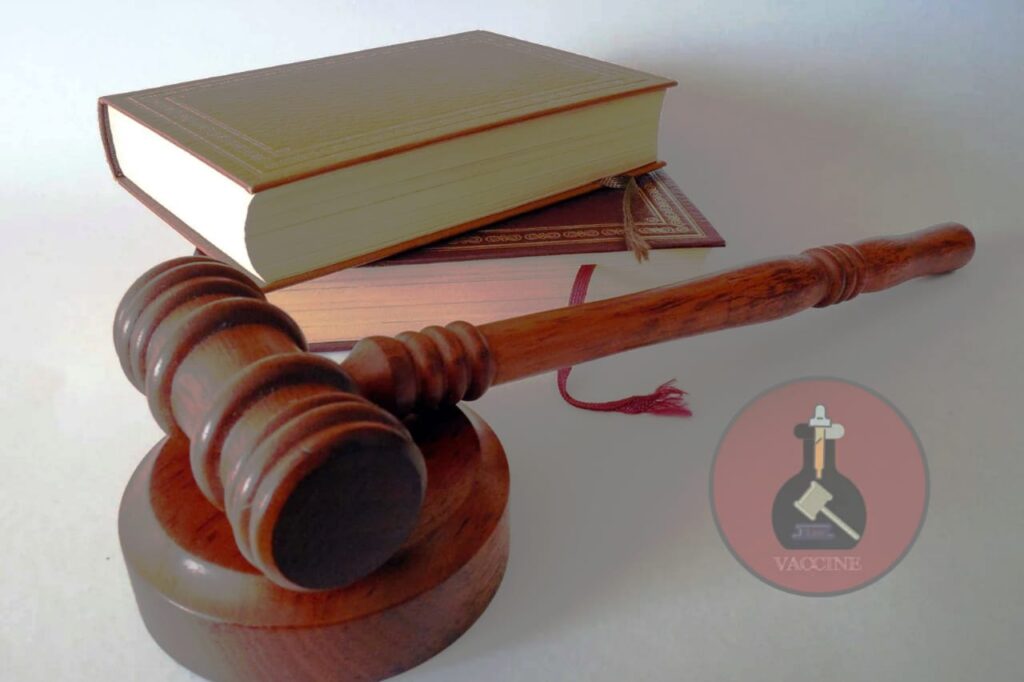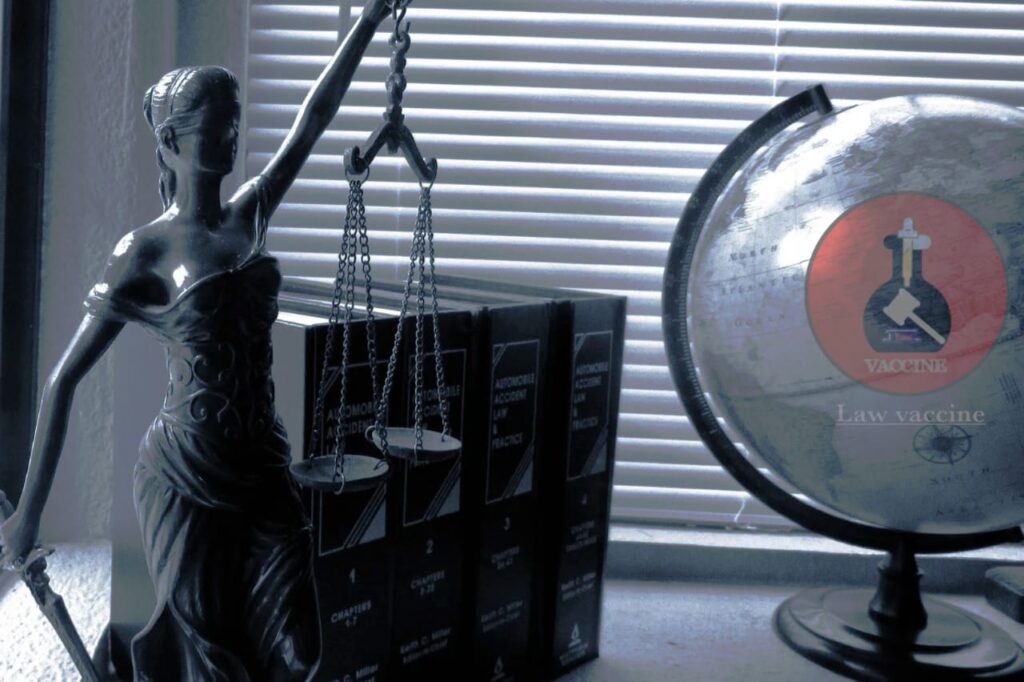Rule of Law in India
What is rule of law in India?
Administrative law is based on the doctrine of rule of law in India. Rule of law in India means everyone is bound by law and no one is above the law. Law is superior and it should be independent so that everyone can be equally treated before the law, the law can be protected and there should be transparency and accountability.
According to rule of law in India, law governs the state and not the people. It imposes a duty upon the State that it implements the rule of law properly and to see to it that any person who violates the rule of law is punished accordingly.
What are the principles of rule of law in India?
According to Prof. Dicey three principles must be achieved for the supremacy of law. The three principles of rule of law in India are as follows:
- Supremacy of law: According to Dicey only law has absolute supremacy and that a person can be punished only for breach of law and nothing else. It keeps a check and balance on the state so that they do not misuse their powers and they make and administer the law properly.
- Equality before law: There should be no discrimination among equals and are to be treated equally before the law which means that law should be applied equally among equals while delivering justice. Absolute equality, is not physically possible, equality before the law means that no special privileges are provided based on birth, sex, creed, or in favor of a person.
- Constitution is the result of ordinary law of land: To make sure that the law is being properly implemented according to Dicey the courts are the enforcers and so the independence of the judiciary is necessary.
Rule of law in India:
Indian Constitution established rule of law in India in Article 14. Rule of law cannot be removed even by amendment under Article 368 as it is considered as the basic feature of the Indian Constitution. This was viewed in the famous case of Kesavananda Bharti V. State of Kerala. In India Constitution is the supreme law and no one is above the Constitution.
If anyone’s rights are violated the Constitution provides a remedy to go to the Supreme court or high court of the country. The Constitution has also provided fundamental rights which can be enjoyed by the people of the country along with certain restrictions.
In Maneka Gandhi V. Union of India, the court observed that while exercising the powers the government cannot infringe the rights of the people
Who first introduced rule of law in India?
Sir Edward Coke first pro founded the concept of the principle of legality. it was further elaborated by A.V Dicey and the concept of Rule of law was introduced in his book.

Due Process of Law
Meaning:
All legal rights owed to a person must be respected by the state. It is a legal requirement which the state must follow is known as due process. There are rules & principles established so that the individuals are treated fairly while resolving their matters in court.
What is the due process of law and procedure established by law?
Best way to define due process is, to prevent abusive way of infringing one’s right to personal liberty and life, a constitutional guarantee which includes procedural standards to be uphold by court and also the statutes & regulations are to be formed keeping in mind the interest of an individual.
Due process is often considered to be origin from a document named Magna Carta. In the said document King John guaranteed that except by law of the land, no freeman will be seized or harmed or stripped of his rights. The term law of the land means the statutes or regulations enacted lay down procedures to protect the individuals but may result in compromise of individual’s rights to life and personal liberty.
Article 21 of the Indian Constitution also states that “No person shall be deprived of his life or personal liberty except according to procedure established by law.” Whereas the due process of law is a requirement a state should keep in mind while enacting any law that no person is deprived of his/her legal rights. Violation of due process means also violating the rule of law in India.
Reference:
- https://www.clearias.com/procedure-established-by-law-vs-due-process-of-law/#:~:text=It%20means%20that%20a%20law,the%20procedure%20established%20by%20law.
- https://byjus.com/free-ias-prep/difference-between-procedure-established-by-law-and-due-process-of-law
Article by- Adv. Prathi Shetty

